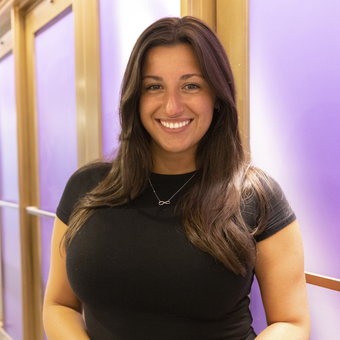After Uvalde, Ukraine and other tragedies, grief expert shares coping tips
Fox News Digital spoke to grief expert David Kessler for smart insights and important tips.
It’s normal for Americans to feel a sense of grief about the tragic events that have occurred over the past few months, including the war in Ukraine and school shootings.
Los Angeles-based grief expert David Kessler, in an interview with Fox News Digital, explained what's known as collective grief — and how to process it.
"Collective grief is when we experience an event together," said Kessler, the founder of grief.com.
"People think of all the different events we've had over our lives … all [of] these deaths that we deal with publicly."
TEXAS SCHOOL SHOOTING AND MORE: HOW PARENTS SHOULD ACT AROUND THEIR KIDS
"I think one of the confusing things about collective grief is we all experience it differently."
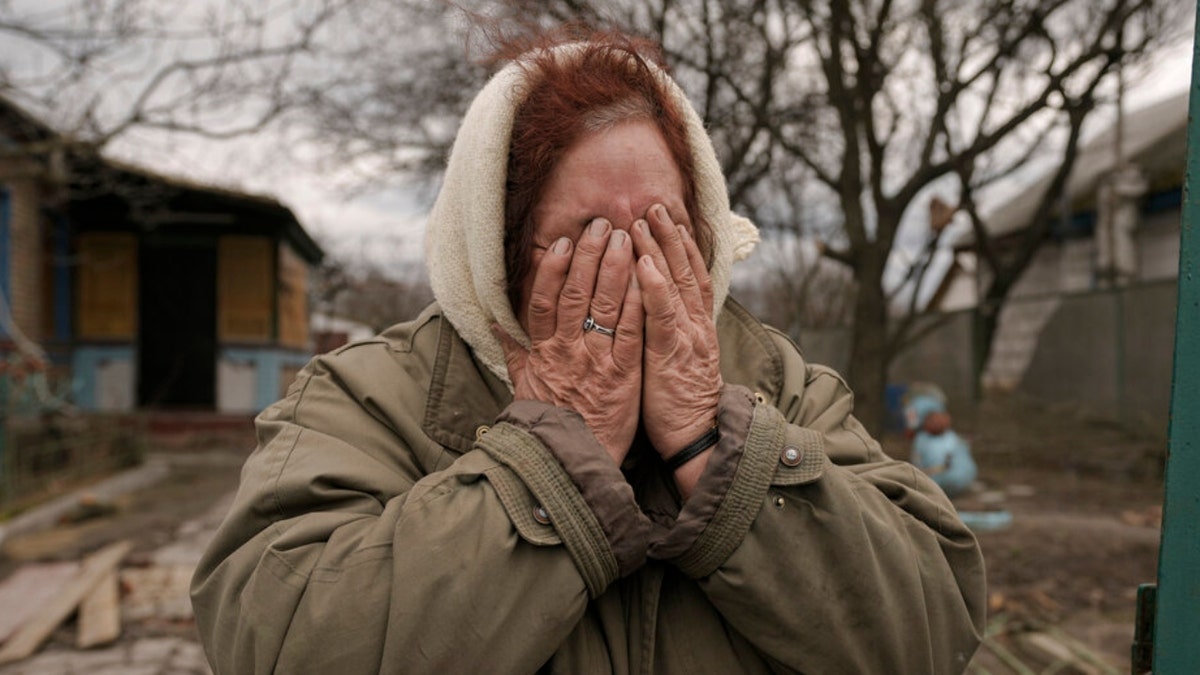
Tetiana Oleksiienko cries as she stands at the gate of her house in the village of Andriivka, Ukraine, which was heavily affected by fighting between Russian and Ukrainian forces, on April 6, 2022. (AP Photo/Vadim Ghirda)
Recent events that have put holes in our hearts can trigger old grief for some people, according to the expert.
"Maybe they have a child that age. Maybe they know someone who serves in our Armed [Forces]," he said. "It connects to us."
The host of the "Healing with David Kessler" podcast and the author of the book, "Finding Meaning: The Sixth Stage of Grief," emphasized how "real" collective grief can be.
He also offered a few tips for coping with it.
His first tip: Don’t judge your grief.
"People going to the grocery store getting murdered should affect you," he said bluntly. "Children going to school being murdered should affect you. That's actually a normal, healthy reaction."
He added, "Know that's a good thing. We don't want to get comfortable with these horrendous events in our world."
RUSSIA-UKRAINE TENSIONS: HOW FAMILIES AND KIDS CAN KEEP CALM AND CARRY ON
Kessler’s second piece of advice: Learn your "saturation point."
He says taking in too much bad news can trigger intensified grief.
"We want to keep informed but not [be] oversaturated," he said. "It can just be too much," he added.
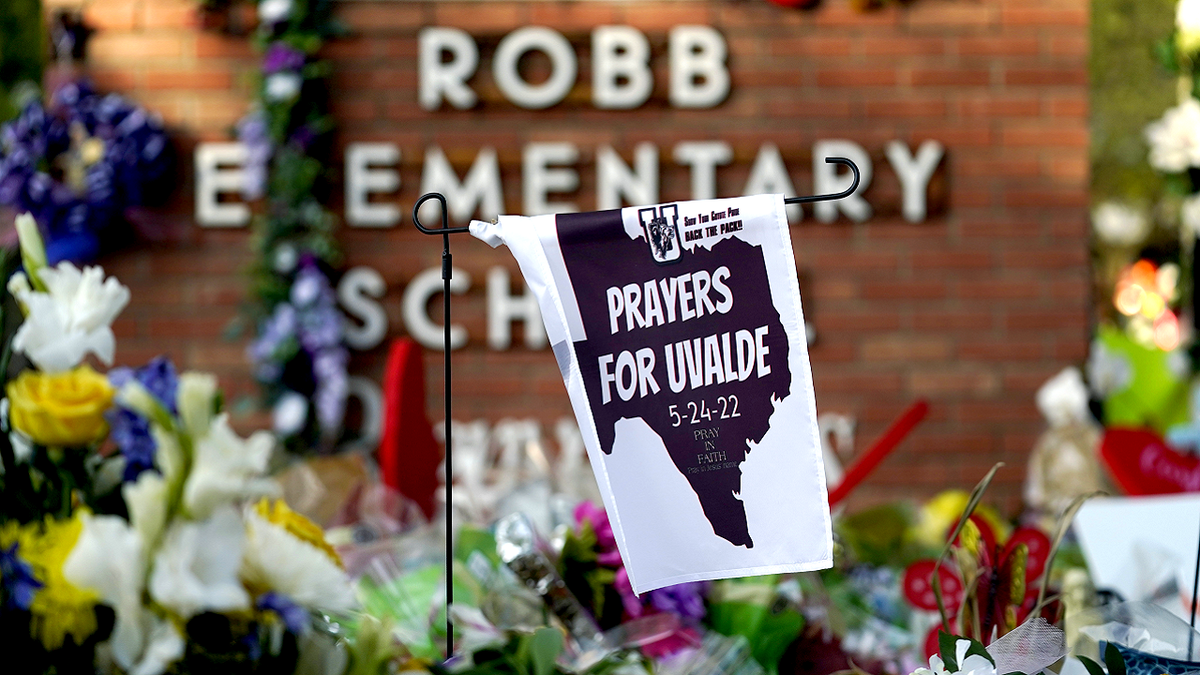
A banner hangs at a memorial outside Robb Elementary School in Uvalde, Texas, on Friday, June 3. (AP/Eric Gay)
Kessler challenged people who tune into the news to turn off the TV if they find themselves watching the same footage or coverage more than once.
"You should go, ‘Wait, I've seen this before. I don't need to see it again.’"
CLICK HERE TO SIGN UP FOR OUR LIFESTYLE NEWSLETTER
As a third tip, Kessler encouraged those experiencing grief to confide in another person who wants to talk about it in return or at least is open to it — as opposed to someone who might not empathize at all with collective grief.
"Talk to other people who are bothered," he advised.

Grief expert David Kessler suggests talking out feelings and emotions connected to grief with someone who's empathetic. (iStock)
Kessler stressed it's critical to vocalize feelings of grief — people have a natural need to express their emotions.
His fourth and final tip is to take action in situations when you may feel helpless.
"Do something to make this a world where these things don't happen in the future."
Such acts may include donating to a charity, lighting a candle for victims or paying your respects in a place of worship.
"Turn that pain into purpose," he said. "And to do something to make this a world where these things don't happen in the future."
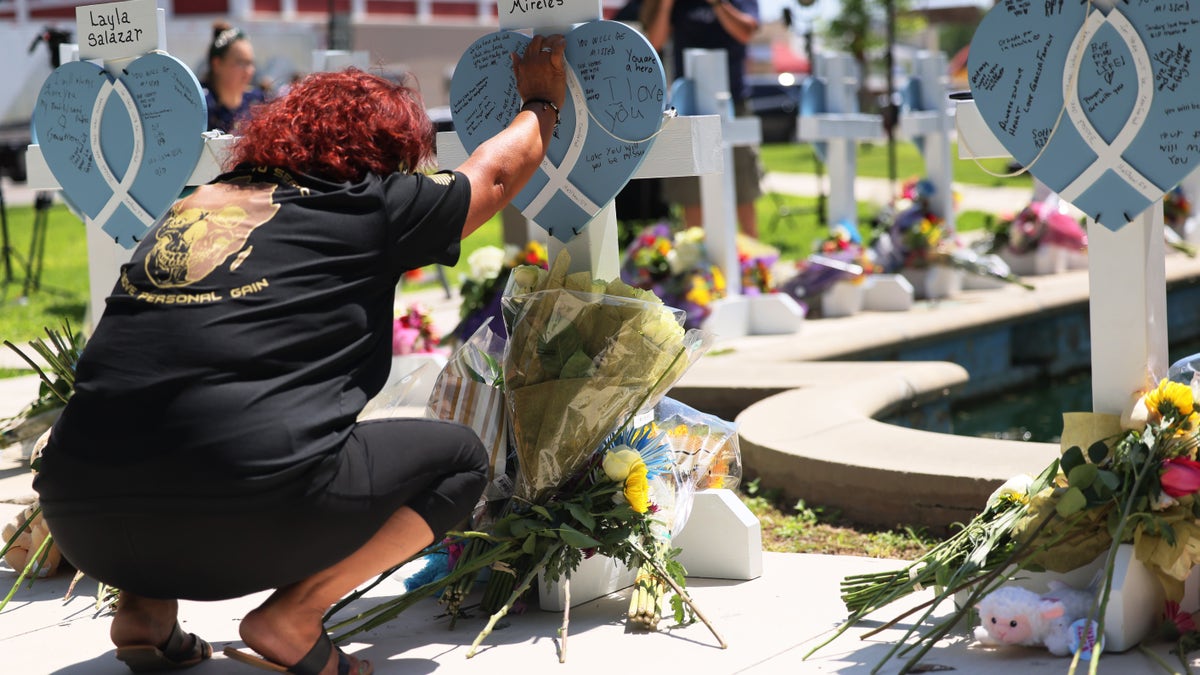
A mourner places her hand on a memorial for a victim of the mass shooting at Robb Elementary School in Uvalde, Texas, on May 26, 2022. (Michael M. Santiago/Getty Images)
When it comes to comforting a loved one who may be grieving, Kessler pointed out that most people just want someone else to witness their pain.
Most of the time, merely showing up and being present for someone who is grieving will be enough.
For people who may not be able to recognize that they’re grieving, a good indication is an expression of inexplicable emotion, such as sudden sadness or anger.
"Could these tears be grief? Could this anger be grief?"
Kessler mentioned a Harvard Business Review piece he wrote at the beginning of the coronavirus pandemic, titled "The Discomfort You're Feeling is Grief." It addressed the public's wide range of emotions during a time of mass mourning.
"Many times when we don't know why we feel something, that's an interesting moment to go, ‘Could these tears be grief? Could this anger be grief?’" he said.
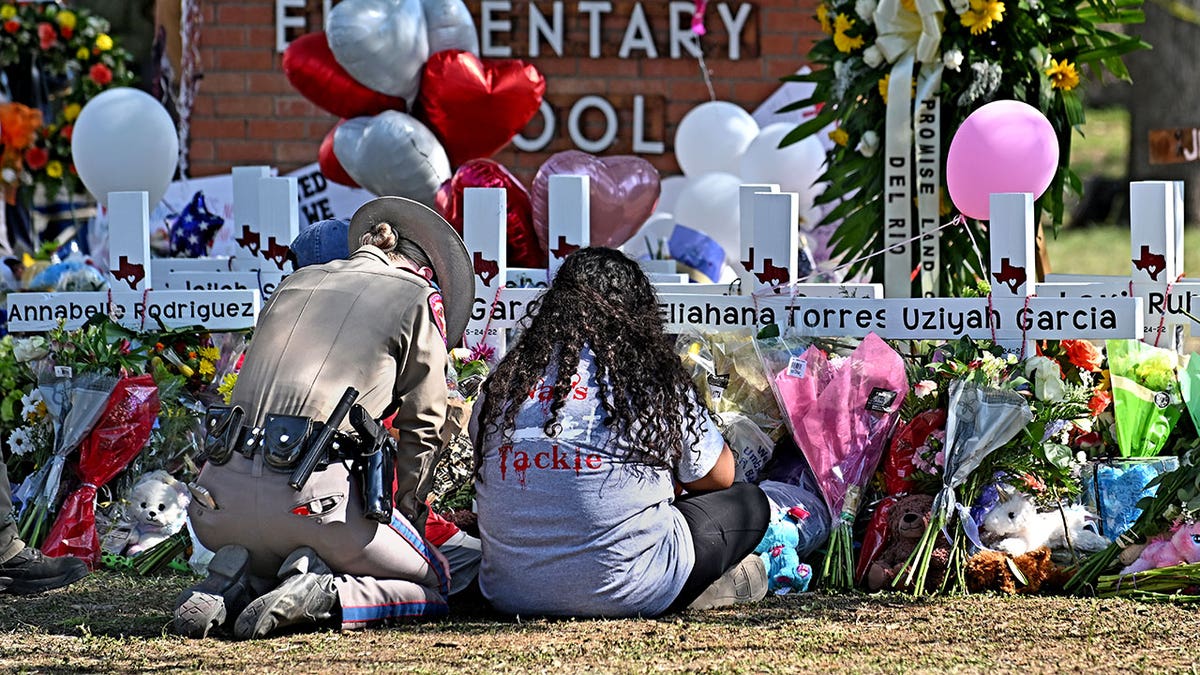
A police officer comforts family members at a memorial outside Robb Elementary School in Uvalde, Texas, on Thursday, May 26. (Wally Skalij/Los Angeles Times via Getty Images)
For families and loved ones of those lost recently, Kessler shared a message of encouragement.
"We see your pain. We are here for you," he said. "And we promise you, when the crowds leave, we will remain here for you."
CLICK HERE TO GET THE FOX NEWS APP
"As long as we remember people, they can never fully die," Kessler emphasized.
Grief counselors certified through Kessler's program at grief.com have offered their services free of charge to those mourning in Uvalde, Texas.
